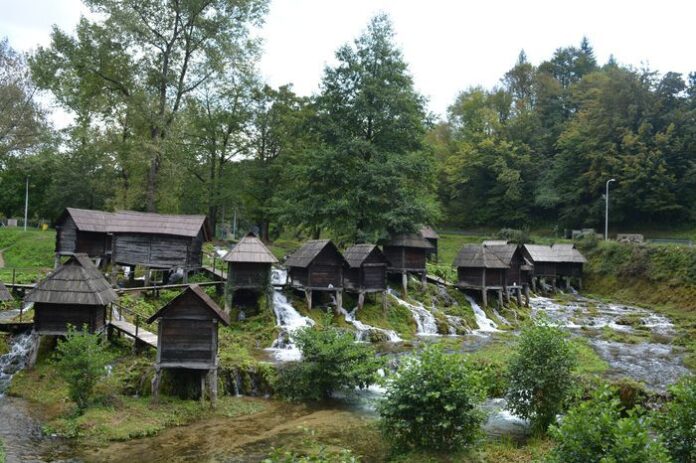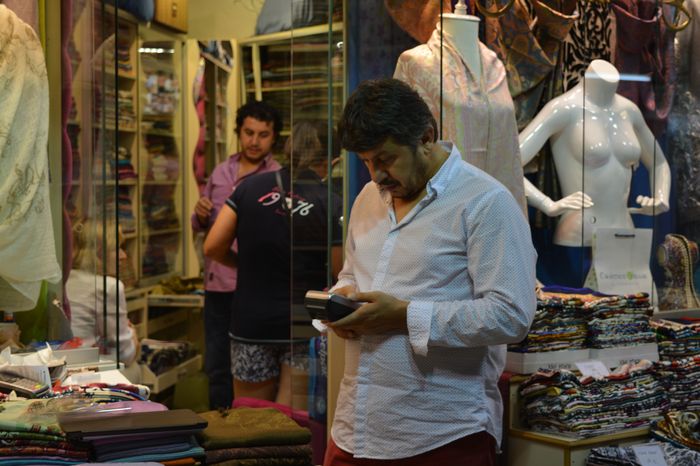The Lost Provinces
The next conflict in Europe may again take place in the Balkan Peninsula. This region lies south of Austria-Hungary. It is bordered by the Adriatic Sea on one side, the Black Sea on the other, and the Aegean Sea to the south The Price of Prosperity in Ottoman Europe.
Today, the Balkans are made up of several small countries, but the area has a long and rich history. It is one of the oldest settled regions in Europe. Long before Germany, France, or Great Britain became powerful, the Balkans already had kings, queens, and royal courts. These early rulers lived in wealth and splendor, while western Europe was still home to tribes called “barbarians.”
Early Inhabitants of the Balkans
The first known people of the region were the Dacians or Getae. Ancient writers like Pliny and Herodotus mention them. By the time they appear in written history, they already had a high level of culture.
Around 500 BCE, they resisted an invasion by Darius of Persia. A century later, Philip of Macedon, father of Alexander the Great, attacked one of their cities. Just before his army moved in, the city gates opened. A line of priests in white robes came out, holding musical instruments and singing songs of peace Birdwatching Bulgaria.
Philip was so moved by this peaceful show that he stopped the attack, married the king’s daughter, and made a peace treaty with the Dacians.
Resistance and Conquest
The Dacians later fought against Alexander the Great and also resisted the Roman Empire. Even Julius Caesar planned to march against them before he was killed in the Roman Senate.
It was Emperor Trajan who finally defeated the Dacians. His victory is still remembered today because it was carved into stone on the famous Trajan’s Column in Rome. That monument tells the story of his military campaign through detailed images.
A Glorious Past and a Difficult Future
The Dacian lands were the last provinces added to the Roman Empire. Ironically, they were also the first to be lost when the empire began to fall.
This region—rich in culture, history, and conflict—remains an important part of European history and politics. The legacy of the Balkans continues to shape events in this part of the world today.







